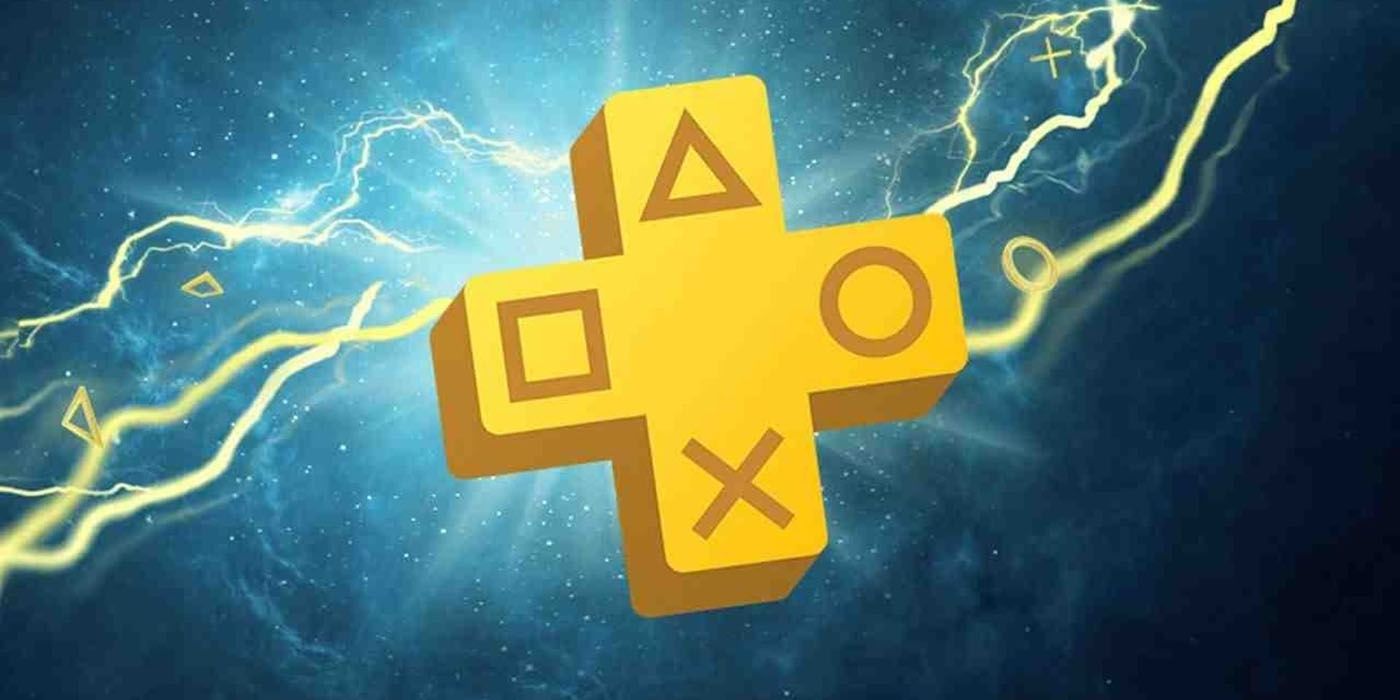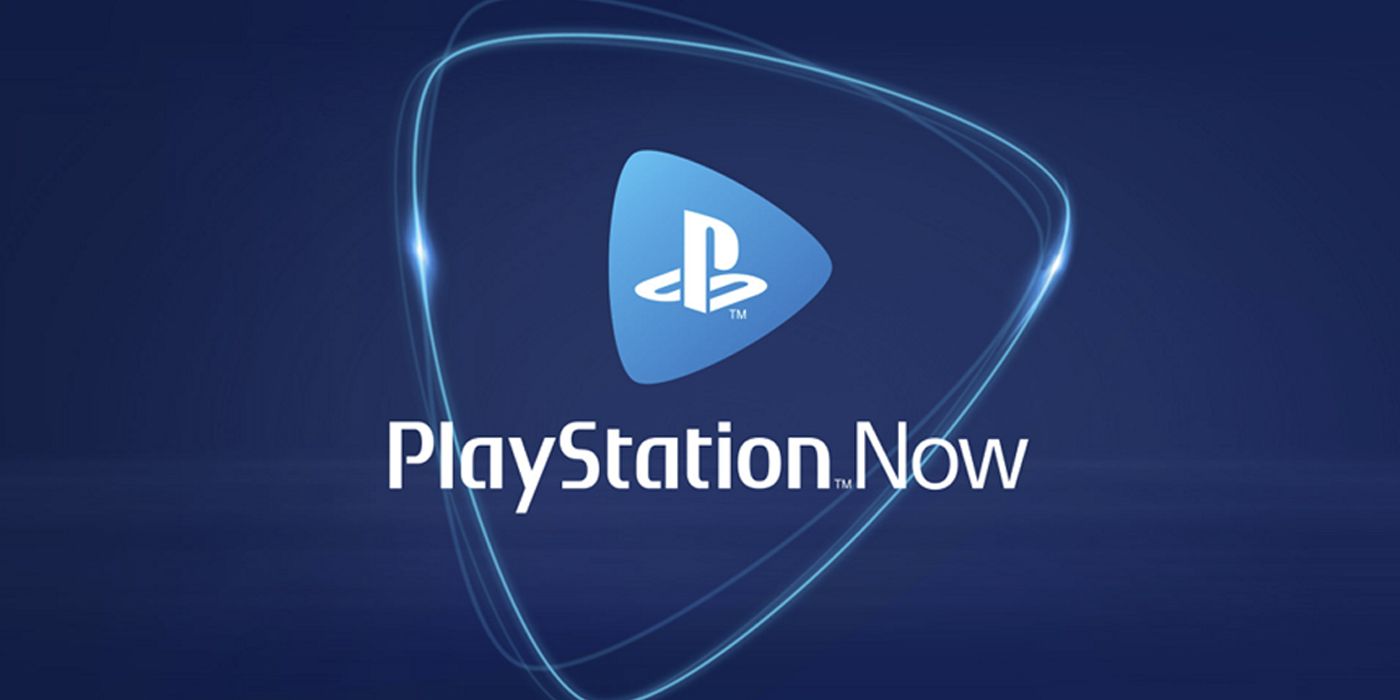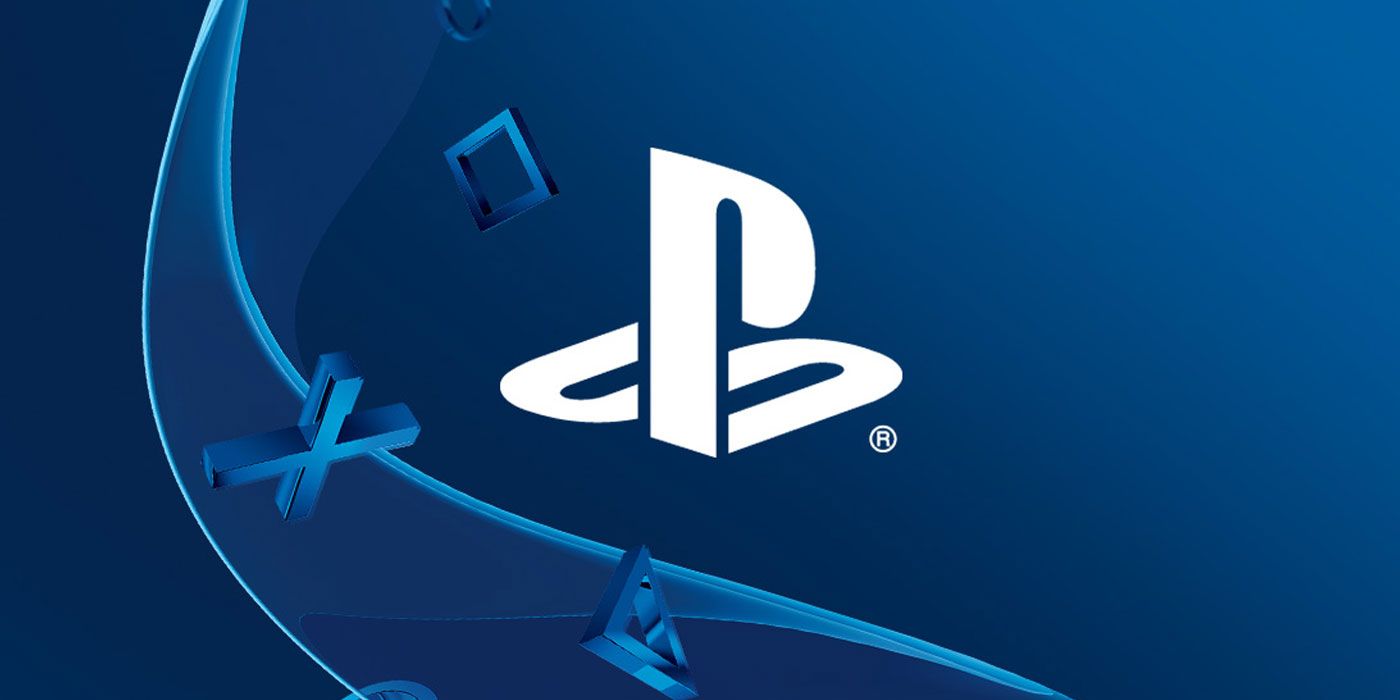
Players who find themselves inhabiting a corner of the PlayStation ecosystem will often be confronted by a decision when it comes to subscription services. That's because Sony actively promotes two very different models in PlayStation Plus and PlayStation Now. Since the transition from the PS4 to PS5, each has arguably experienced an influx of attention from the publisher, something that has made picking between the pair a more challenging proposition.
In many ways, both have unique value propositions that revolve around the same concept, as at their core a concentrated focus has been placed on providing subscribers with a range of games to play. Beyond that, though, the similarities between PS Plus and PS Now start to get scarcer with more analysis, as different accessibility options, requirements, and features, are just the start of their differences.
RELATED: PlayStation Now Games for July 2021 Explained

Having started back in 2010 on the PS3, PlayStation Pus has had more time to become the established premier PlayStation subscription service. While the structure and features associated with the subscription have gradually evolved to become what they are in the present, the ability for players to download a selection of games each month has remained the biggest and most important selling point. Today these refreshes tend to happen on the first Tuesday after the calendar has rolled over, and have so far in 2021 featured the likes of Final Fantasy 7 Remake, Control: Ultimate Edition, and A Plague Tale: Innocence. It's important to remember that these games aren't strictly free and owned by the subscriber at any point though, as an active subscription is required to play any game that's been redeemed through the service.
By comparison PlayStation Now is relatively more straightforward when it comes to what it offers subscribers, and the methods in which they access games. Built on top of the acquisition of Gaikai by Sony in 2012, PS Now became the first mainstream cloud gaming streaming service when it launched in North America two years later. While the service has failed to captivate players in the same way that Microsoft's newer Xbox Game Pass has, it functions in a not too dissimilar way to it, and the likes of Netflix. That's because as it stands over 800 classic PlayStation games from across the PS2, PS3, and PS4 eras, are available for players to access over the internet on PS4, PS5, and PC.
Subscribers of either service don't technically ever own the games that they find within their libraries, as once a subscription lapses those titles are locked away in typical digital entertainment fashion. On top of this, it's worth noting that the roster of games within PlayStation Now is constantly changing too, as third party titles are only ever licensed and subsequently available for a limited amount of time. While monthly refreshes are a feature that the pair share in common, the actual titles involved are typically quite different. Since the arrival of the PS5, Sony has noticeably bolstered PS Plus game selection each month with new releases specifically for that platform, as games like Bugsnax and Destruction AllStars made their debut through the service. Conversely, PS Now's roster is geared almost exclusively towards older games, having featuring the likes of Nioh 2 and Red Dead Redemption 2.
RELATED: The PS Plus Free Games for July 2021 Are All Set-Up for Something Else

Over the years, PlayStation Plus has gradually taken on a bigger role within Sony's ecosystem, with the once optional service transforming into an almost necessary purchase for PlayStation owners. Alongside monthly games, a roster of additional features have frequently been folded into the price of the subscription service. Arguably the biggest of these changes coincided with the arrival of the PS4 in 2013, when it was announced that an active subscription to PS Plus would be required going forward to play most multiplayer games online. Currently, only free-to-play titles like Fortnite, Apex Legends, and Call of Duty: Warzone are an exception. While the change away from exclusively free online gaming was understandably criticized at the time, the influx of newer titles to the service, 100 GB cloud storage, PlayStation Store discounts, and free in-game content has smoothed over the issue to a certain extent.
PlayStation Now's extra feature set beyond game steaming is far more limited when compared to what's on offer with PlayStation Plus. Since 2014, the focus has mostly been placed on ironing out streaming issues whilst rolling out the service to more parts of the world. One notable exception to this occurred in 2018, though, when Sony announced that going forward subscribers would be able to download PS2 and PS4 titles directly to their console hard drives. Playing games in a traditional manner like this goes a considerable way to making the service more enticing, especially for those who live in areas where decent internet speeds otherwise make PS Now almost completely unusable. Removing the requirement for a PS Plus subscription to play games downloaded through the streaming service is also a differential feature between the two that's a welcome touch.
With Xbox Game Pass continuing to be one of the best deals in gaming, calls for Sony to revamp PlayStation Now are gradually growing louder. Despite this, right now there's no indication that the platform holder is in any great rush to answer these calls. It can actually be argued that Sony's focus has so far been more geared towards revamping the already more popular PlayStation Plus. To coincide with the launch of the PS5, the PS Plus Collection was made available to owners of the new console, proving this point. Featuring 20 popular titles like God of War, Uncharted 4, and The Last of Us, this latest feature resembles a more condensed version of what's on offer with PS Now, with some generation-defining heavy hitters seen.

Knowing the differences that PlayStation Plus and Now entail is only part of the equation, as there's also a couple of important differences when it comes to accessibility options. These can be seen when examining the lengths of the free trials that are available for both, as PS Plus subscribers get 14 days to test the waters, as opposed to the 7 day trial that PS Now beginners get. Considering the amount of content that's available on the latter, that might seem like Sony has gotten things the wrong way around. However, it makes a little more sense when the other differentiating accessibility factor is taken into account, in that a minimum 5 Mbps internet connection is recommended for subscribers to enjoy the streaming service. With that likely still being an issue for some people, the free trial in this circumstance can be viewed more as a technical test to prevent PlayStation owners from feeling short-changed.
Beyond this, there's a level of continuity between PlayStation Plus and PlayStation Now when it comes to the lengths and prices of the subscription options that Sony has set-up. For both, a 1, 3, and 12 month option is available, with each costing $9.99, $24.99, and $59.99 respectively. Considering the added benefits and features that have been packed into PS Plus, it's surprising to see the two hold such an equal valuation in the eyes of Sony. Couple this with the understandable disappointment from fans regarding PS Now's State of Play absence last week, and there's a growing sense that the status quo between the services is likely to be revamped at some point in the future.
PlayStation Plus is available on PS4 and PS5. PlayStation Now is available on PS4, PS5, and PC.

